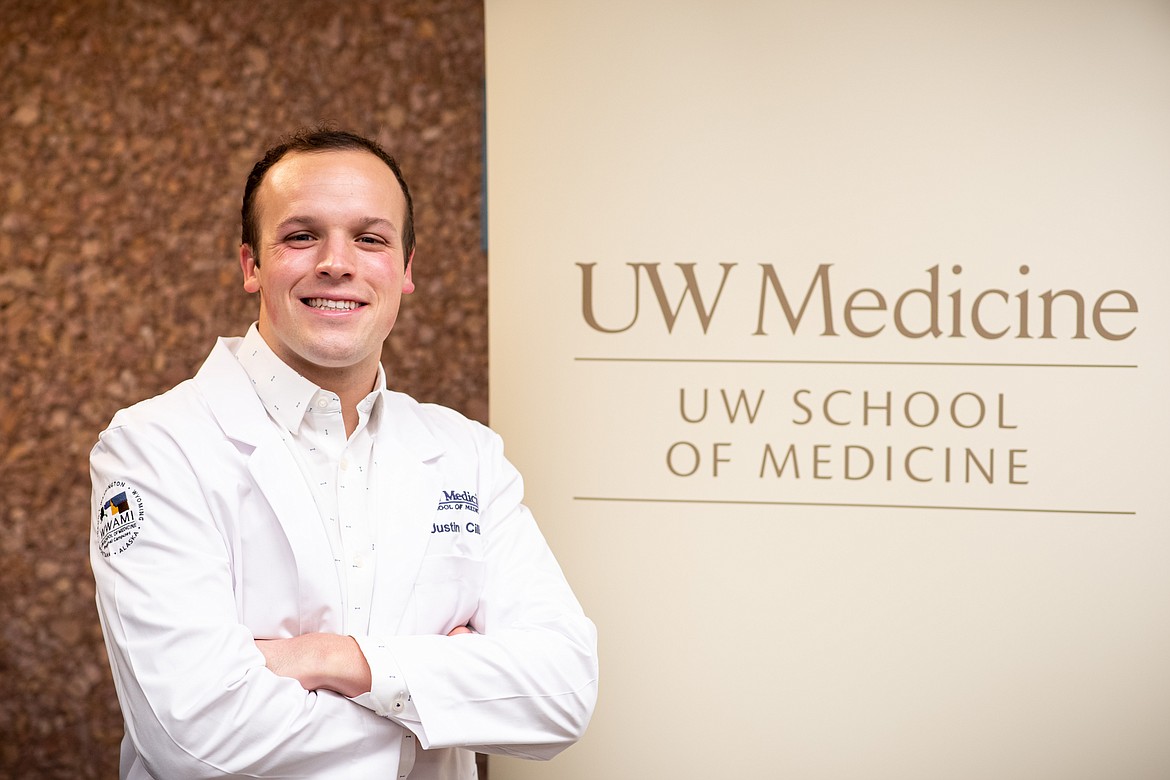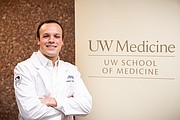Medical students’ research project features Moses Lake
MOSES LAKE — Local first-year medical students turned the challenge presented by the COVID-19 pandemic into an opportunity to conduct research and provide a small economic boost to communities in which they are studying.
Justin Cillay will be spending time in Moses Lake periodically during medical school, and was one of five students who took the challenge.
He and others are part of a program which matches students with doctors and healthcare organizations in rural areas, called the TRUST (Targeted Rural and Underserved Track) program. It’s an option for students at the University of Washington School of Medicine-Spokane, and includes Moses Lake, Othello and Grand Coulee.
“We got together as a group,” Cillay said, and decided to apply for a research grant, as an appropriate research subject was available.
“We’re all from pretty rural communities,” Cillay said.
The students saw how the COVID-19 outbreak was affecting their hometowns, but there wasn’t a lot of information about how it was affecting healthcare in smaller cities and rural areas.
“You heard a lot about Seattle, a lot about New York,” Cillay said. “We felt rural healthcare systems were getting overlooked.”
The grant was awarded through the Rural PREP (Primary care, Research, Education and Practice) program, sponsored by the U.S. Department of Health and Human Services. The “microsearch” program is for prospective medical professionals who plan to practice in rural areas.
Geoff Jones, UW School of Medicine-Spokane assistant clinical dean for eastern and central Washington, said the students proposed talking to doctors, nurses, other medical professionals and the staff at health care organizations.
Medical facilities in Washington were ordered by state officials to stop offering some services from March to May 2020. Cillay said some of the people he talked to were concerned about the finances of their organizations in light of the reduced services and lost revenues.
The closures forced temporary layoffs for many healthcare facilities, meaning that remaining staff had more to do. In some cases, they were doing unfamiliar jobs, Cillay said.
“Everything was new and different,” he said.
The students also had to decide how to contact possible respondents. They wanted to help contribute to the economies of the research communities, Cillay said. So each student picked a coffee shop or “local restaurant or gathering place” and bought gift cards. The first 50 respondents got a card.
Cilley said the researchers are working with UW statisticians to analyze the responses. The analysis was returned last week, and the students plan to report some of their preliminary findings in the next few weeks, he said.
Cheryl Schweizer can be reached via email at [email protected].



